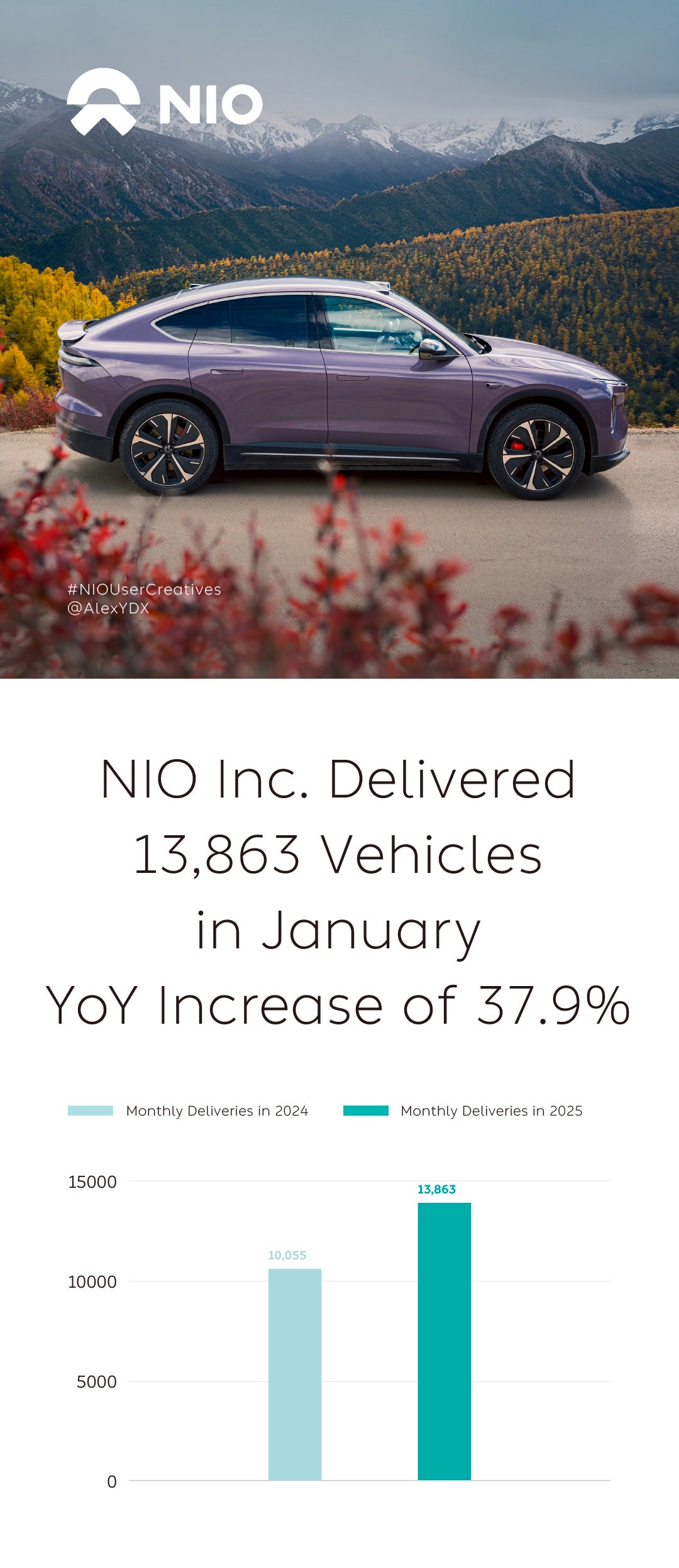How Vertical AI Agents Are Transforming Industry Intelligence in 2025
If 2024 was the year of significant advancements in general AI, 2025 is shaping up to be the year of specialized AI systems. Known as vertical AI agents, these purpose-built solutions combine advanced AI capabilities with deep domain expertise to tackle industry-specific challenges. McKinsey estimates that over 70% of AI’s total value potential will come […] The post How Vertical AI Agents Are Transforming Industry Intelligence in 2025 appeared first on Unite.AI.


If 2024 was the year of significant advancements in general AI, 2025 is shaping up to be the year of specialized AI systems. Known as vertical AI agents, these purpose-built solutions combine advanced AI capabilities with deep domain expertise to tackle industry-specific challenges. McKinsey estimates that over 70% of AI’s total value potential will come from these vertical AI applications. Gartner predicts that more than 80% of enterprises will have used vertical AI by 2026. This article explores how vertical AI agents are reshaping industry intelligence and paving the way for a new era of business innovation.
From General-Purpose to Specialized AI
If you take a step back and look at the bigger picture of technological evolution, the shift from general-purpose AI to industry-specific AI is nothing new. It reflects a similar trend we have seen before. For instance, in the early days of enterprise software, platforms like SAP and Oracle offered broad capabilities that required extensive customization to meet unique business needs. Over time, vendors introduced tailored solutions like Salesforce Health Cloud for healthcare or Microsoft Dynamics 365 for retail, offering pre-built functionalities designed for specific industries.
Similarly, AI initially focused on general-purpose capabilities like pre-trained models and development platforms, which provided a foundation for building advanced solutions but required significant customization to develop industry-specific applications.
Vertical AI agents are bridging this gap. Solutions like PathAI in healthcare, Vue.ai in retail, and Feedzai in finance empower businesses with highly accurate and efficient tools specifically designed to meet their requirements. Gartner predicts that organizations using vertical AI see a 25% return on investment (ROI) compared to those relying on general-purpose AI. This figure highlights the effectiveness of vertical AI in addressing unique industry challenges.
Vertical AI: Next Level in AI Democratization
The rise of vertical AI agents is essentially the next big step in making AI more accessible to industry. In the early days, developing AI was expensive and limited to large corporations and research institutions due to the high costs and expertise required. Cloud platforms like AWS, Microsoft Azure, and Google Cloud have since made scalable infrastructure more affordable. Pre-trained models like OpenAI’s GPT and Google’s Gemini have allowed businesses to fine-tune AI for specific needs without requiring deep technical expertise or massive datasets. Low-code and no-code tools like Google AutoML and Microsoft Power Platform have taken it a step further, making AI accessible even to non-technical users. Vertical AI takes this accessibility to the next level by providing tools that are pre-configured for specific industry needs, reducing customization efforts and delivering better, more efficient results.
Why Vertical AI is a Billion Dollar Market
Vertical AI has the potential to redefine industries much like software-as-a-service (SaaS) did in the past. While SaaS made software scalable and accessible, vertical AI can take this one step further by automating entire workflows. For instance, while SaaS platforms like Salesforce improved customer relationship management, vertical AI agents can go a step further to autonomously identify sales opportunities and recommend personalized interactions.
By taking over repetitive tasks, vertical AI allows businesses to use their resources more effectively. In manufacturing, for example, vertical AI agents can predict equipment failures, optimize production schedules, and enhance supply chain management. These solutions not only improve efficiency but also reduce labor costs. Additionally, vertical AI agents integrate seamlessly with proprietary tools and workflows, significantly reducing the effort needed for integration. For example, in retail, vertical AI like Vue.ai integrates directly with e-commerce platforms and CRMs to analyze customer behavior and recommend personalized products, minimizing integration effort while improving efficiency. Moreover, vertical AI agents are designed to work within specific regulatory frameworks, such as Basel III in finance or HIPAA in healthcare, ensuring businesses can utilize AI without compromising on industry standards or ethical AI requirements.
Hence, it’s no surprise that the vertical AI market, valued at $5.1 billion in 2024, is projected to reach $47.1 billion by 2030 and could surpass $100 billion by 2032.
Vertical AI Agents in Action: Automotive AI Agents
Google Cloud has recently launched its vertical AI agents specifically designed for the automotive industry. Known as automotive AI agents, these tools are designed to help automakers create intelligent, customizable in-car assistants. Automakers can customize the agents by defining unique wake words, integrating third-party applications, and adding proprietary features. Integrated with vehicle systems and Android Automotive OS, these agents offer features like voice-controlled navigation, hands-free media playback, and predictive insights.
Mercedes-Benz has adopted Google Cloud’s Automotive AI Agent for its MBUX Virtual Assistant, debuting in the new CLA model. This enhanced assistant offers conversational interaction, personalized recommendations, proactive assistance, and precise navigation. By enabling hands-free operations, these agents enhance safety and cater to diverse user needs, showcasing the potential of vertical AI to revolutionize industries.
The Road Ahead: Challenges and Opportunities
While vertical AI agents have immense potential, they are not without challenges. Integrating these systems into businesses can be a challenging task due to legacy systems, data silos, and resistance to change. Also, building and deploying vertical AI agents isn’t easy as it requires a rare combination of AI expertise and industry-specific skills. Companies need teams that understand both the technology side and the specific needs of their industry.
As these systems play a bigger role in critical processes, ethical use and human oversight become crucial. Industries will need to develop ethical guidelines and governance frameworks to keep up with the technology.
That said, vertical AI offers enormous opportunities. With their combination of advanced AI and specialized expertise, these agents are set to become the cornerstone of business innovation in 2025 and beyond.
The Road Ahead
The rise of vertical AI agents is a vital moment in the evolution of industry intelligence. By addressing industry-specific challenges with ease and perfection, these systems have potential to redefine how businesses operate. However, their successful adoption will depend on overcoming integration challenges, building cross-disciplinary expertise, and ensuring ethical deployment.
As vertical AI continues to gain traction in 2025, it will likely reshape industries and redefine business operations. Companies that adopt these solutions early will position themselves to lead in an increasingly competitive market.
The post How Vertical AI Agents Are Transforming Industry Intelligence in 2025 appeared first on Unite.AI.























.jpg?width=1920&height=1920&fit=bounds&quality=80&format=jpg&auto=webp#)




















![Gay Catholic United Flight Attendant Axed After ‘Sex Is Unchangeable’ Remark—Raises Enough Money To Sue [Roundup]](https://viewfromthewing.com/wp-content/uploads/2025/02/DALL·E-2025-02-03-08.46.00-A-high-contrast-digital-montage-combining-aviation-Catholic-symbolism-and-legal-imagery___-Central-figure_-A-stern-looking-male-flight-attendant-in.webp?#)






























